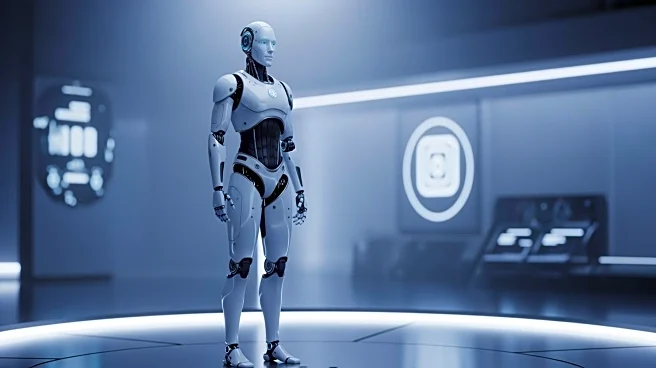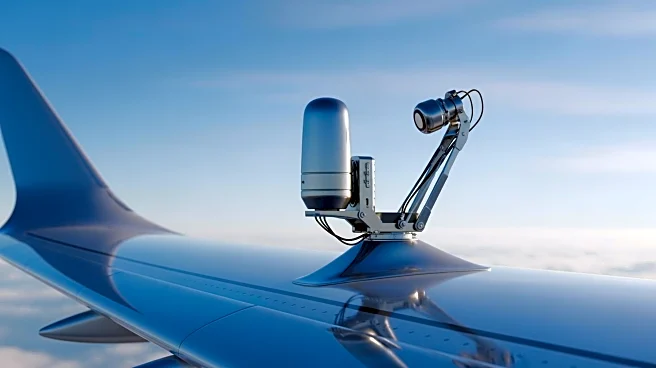What's Happening?
During a recent Tesla conference call, Elon Musk made bold claims about the potential of Tesla's humanoid robot, Optimus. Musk suggested that Optimus could revolutionize access to medical care and help eliminate poverty by acting as an incredible surgeon.
These statements have sparked debate, as many view them as unrealistic given the current technological capabilities of humanoid robots. Musk's comments have drawn attention to the broader issues of wealth inequality and the role of technology in addressing social challenges.
Why It's Important?
Musk's statements highlight the ongoing discourse around the potential of technology to solve complex social issues. While technological advancements can contribute to societal improvements, the claims about Optimus underscore the challenges of addressing systemic issues like poverty and healthcare access. The discussion also reflects broader concerns about wealth inequality and the concentration of resources among a few individuals and corporations. Musk's vision for Optimus raises questions about the feasibility and ethical implications of relying on technology to address deep-rooted social problems.
Beyond the Headlines
The debate over Musk's claims about Optimus touches on ethical considerations regarding the role of technology in society. There is a need to balance technological innovation with realistic expectations and equitable access. The conversation also highlights the importance of addressing systemic issues through policy and social change, rather than solely relying on technological solutions. As discussions continue, stakeholders may explore how to integrate technology into broader efforts to address social challenges effectively.















